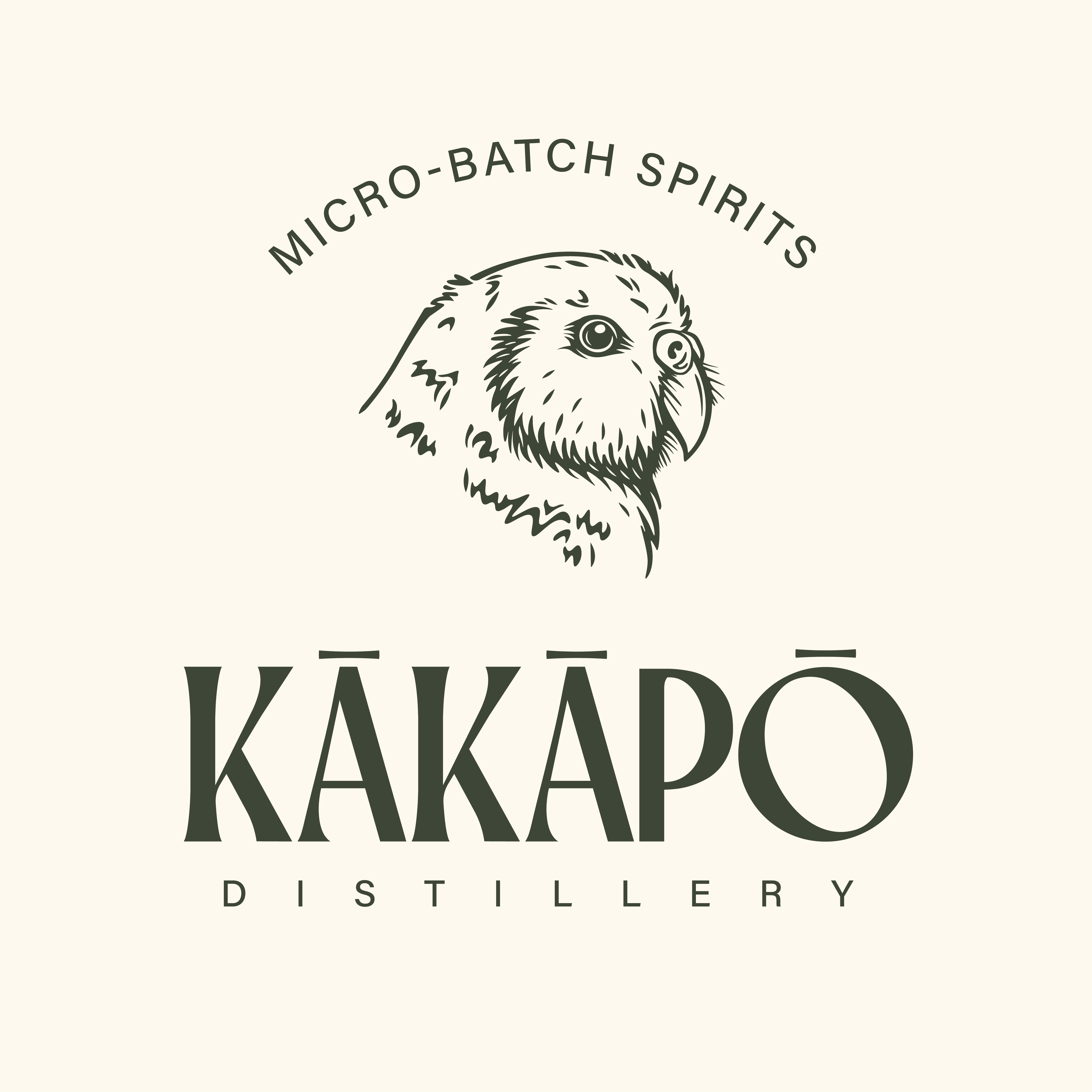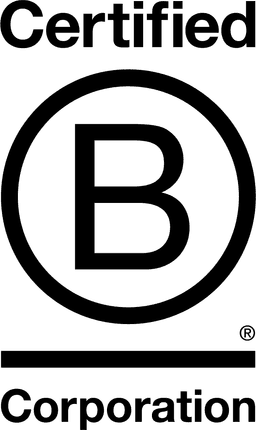

Kākāpō Distillery Ltd.

Auckland Region, New Zealand
March 2024
Beverages
Manufacturing
New Zealand
Kākāpō Distillery was founded on three key principles: a love for Aotearoa, a commitment to conservation, and the desire to create a damn good drop of gin. Created using traditional methods in a copper Alquitar still, our hand-crafted gin is brought to life by Aotearoa’s native forests and the variety of botanicals available at our fingertips. We work closely with local growers and forage ourselves to allow us to achieve a delicate balance of flavours that elevates a single native botanical. Our distillery is inspired by the Kākāpō and we are proud to support them through the Department of Conservation’s Kākāpō Recovery program by gifting 10% of our profits. This group of dedicated scientists, rangers, and volunteers work hard to protect and grow this critically endangered Taonga species. As a small, independent micro-distillery, we’re proud to be part of a growing movement of like-minded companies that are committed to making positive change in the world. Our dedication to the environment extends beyond just the ingredients we use and supporting our namesake. We’re constantly striving to minimize our environmental impact, from using recycled materials in our packaging to reducing waste and energy consumption in our production process.
Overall B Impact Score
Governance 13.7
Governance evaluates a company's overall mission, engagement around its social/environmental impact, ethics, and transparency. This section also evaluates the ability of a company to protect their mission and formally consider stakeholders in decision making through their corporate structure (e.g. benefit corporation) or corporate governing documents.
What is this? A company with an Impact Business Model is intentionally designed to create a specific positive outcome for one of its stakeholders - such as workers, community, environment, or customers.
Community 59.5
Community evaluates a company’s engagement with and impact on the communities in which it operates, hires from, and sources from. Topics include diversity, equity & inclusion, economic impact, civic engagement, charitable giving, and supply chain management. In addition, this section recognizes business models that are designed to address specific community-oriented problems, such as poverty alleviation through fair trade sourcing or distribution via microenterprises, producer cooperative models, locally focused economic development, and formal charitable giving commitments.
What is this? A company with an Impact Business Model is intentionally designed to create a specific positive outcome for one of its stakeholders - such as workers, community, environment, or customers.
Environment 9.9
Environment evaluates a company’s overall environmental management practices as well as its impact on the air, climate, water, land, and biodiversity. This includes the direct impact of a company’s operations and, when applicable its supply chain and distribution channels. This section also recognizes companies with environmentally innovative production processes and those that sell products or services that have a positive environmental impact. Some examples might include products and services that create renewable energy, reduce consumption or waste, conserve land or wildlife, provide less toxic alternatives to the market, or educate people about environmental problems.
Customers 1.1
Customers evaluates a company’s stewardship of its customers through the quality of its products and services, ethical marketing, data privacy and security, and feedback channels. In addition, this section recognizes products or services that are designed to address a particular social problem for or through its customers, such as health or educational products, arts & media products, serving underserved customers/clients, and services that improve the social impact of other businesses or organizations.